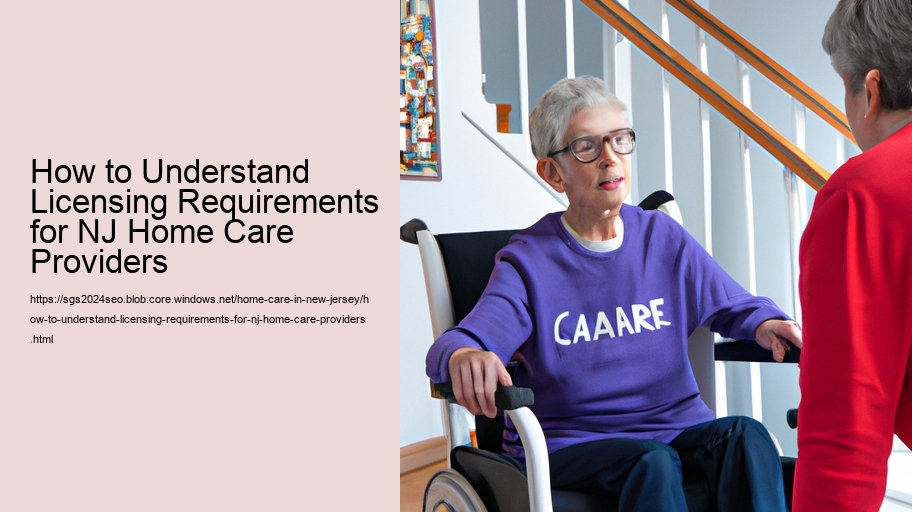Understanding the licensing requirements for home care providers in New Jersey is crucial for anyone looking to establish or work within this essential sector. How to Choose the Best Home Care Services in New Jersey . As the demand for home care services continues to grow, ensuring compliance with state regulations is more important than ever. This essay aims to provide an overview of the licensing process, the necessary qualifications, and the steps involved in maintaining compliance with state laws.
First and foremost, it is important to recognize that the New Jersey Department of Health (NJDOH) is the governing body responsible for overseeing home care services within the state. The NJDOH establishes the standards and procedures that all home care agencies must adhere to in order to operate legally. This includes not only the initial licensing process but also ongoing compliance and inspections to ensure that standards are consistently met.
To begin the process of becoming a licensed home care provider in New Jersey, one must first determine the type of services they intend to offer. Home care services can generally be categorized into two main types: home health care and personal care. Home health care involves medical services provided by licensed professionals such as nurses and therapists, while personal care includes non-medical assistance with daily activities. Each type of service has its own set of licensing requirements, so it is essential to clearly define the services your agency will provide.
Once the type of services is determined, the next step is to apply for a license through the NJDOH. This involves submitting an application along with the necessary documentation, which typically includes proof of business registration, a detailed business plan, and evidence of financial stability. Additionally, the agency must demonstrate that it has appropriate policies and procedures in place to ensure the quality and safety of care provided to clients.
One of the critical components of the licensing process is the requirement for staff qualifications. All personnel providing care must meet specific educational and professional criteria, which may include certifications, training, and continuing education. For instance, home health aides in New Jersey are required to complete a state-approved training program and pass a competency evaluation to obtain certification. Ensuring that all staff members are properly trained and certified is not only a legal requirement but also a key factor in delivering high-quality care.
In addition to initial licensing, home care providers in New Jersey must also comply with ongoing regulations to maintain their license. This includes regular inspections by the NJDOH, which assess the agency's adherence to state standards and regulations. Agencies must also renew their licenses periodically, which requires submitting updated information and documentation to demonstrate continued compliance.
Furthermore, home care providers need to stay informed about any changes in state laws and regulations that may affect their operations. The NJDOH frequently updates its guidelines to reflect new developments in healthcare and to enhance the quality of care provided to residents. Staying current with these changes is essential for maintaining compliance and avoiding potential penalties or disruptions in service.
In conclusion, understanding the licensing requirements for home care providers in New Jersey involves a comprehensive approach that encompasses the initial application process, staff qualifications, and ongoing compliance with state regulations. By thoroughly understanding and adhering to these requirements, home care agencies can ensure that they provide safe, effective, and reliable services to their clients. As the demand for home care continues to rise, meeting these standards is not only a legal obligation but also a moral imperative to support the well-being of individuals who rely on home care services.

